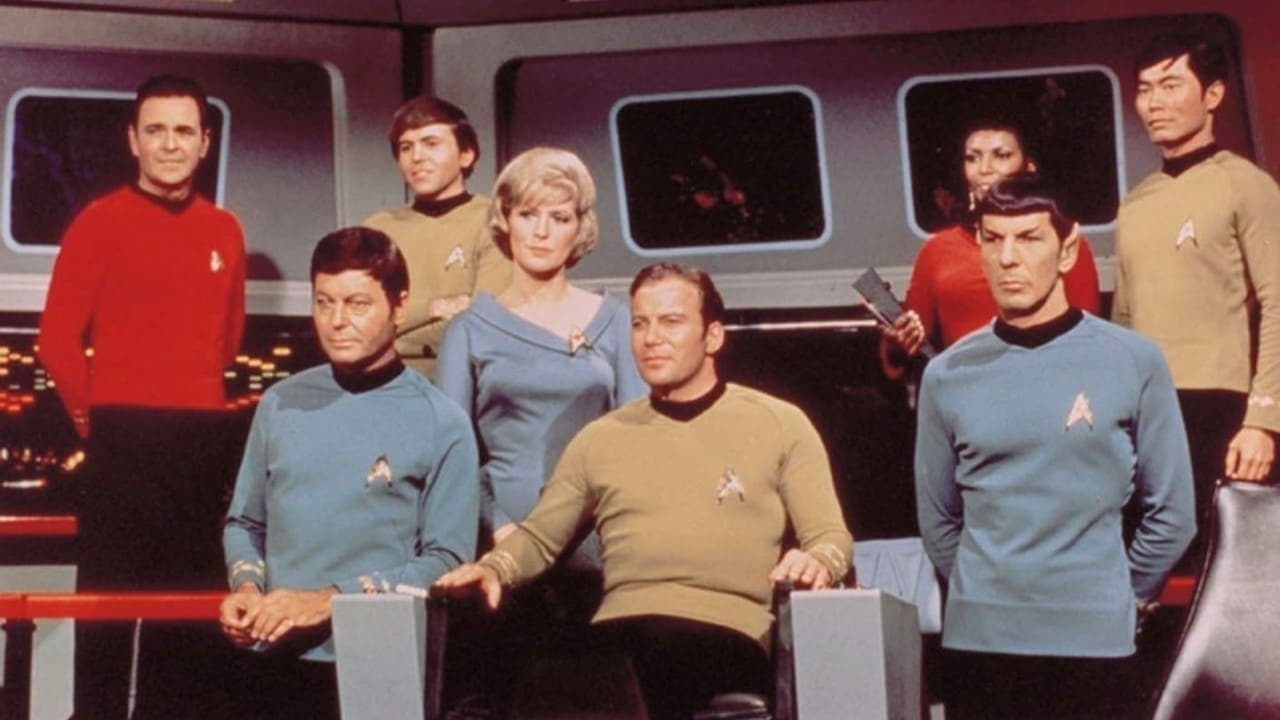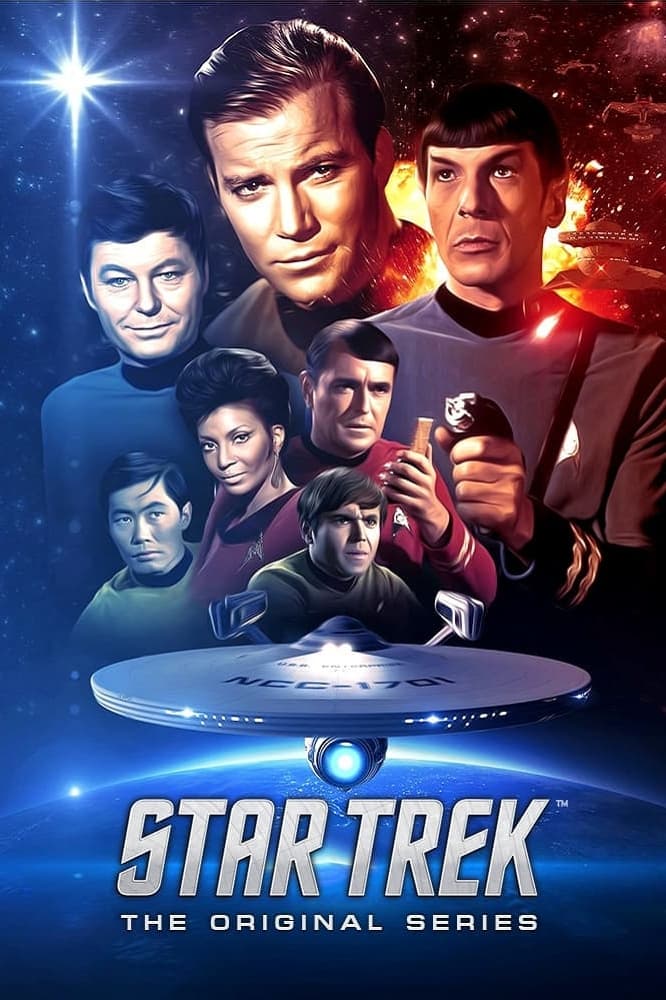
Star Trek (1966)
Star Trek (1966)
By the time Star Trek limped into its third season, the cracks weren’t just showing—they were chasms. After two seasons of boldly going where no show had gone before, the Enterprise returned to a hostile network, a drastically slashed budget, and a punishing Friday night time slot that might as well have been a death sentence. Gene Roddenberry, increasingly frustrated by the network’s treatment of his show, distanced himself from daily production. Without his regular stewardship and with NBC tightening the leash, the show found itself on life support—and it shows.
This is, without question, the weakest of the original three seasons. It’s an uneven, often frustrating batch of episodes, with more than a few infamous duds that fans still meme to this day. “Spock’s Brain” kicks things off with one of the most unintentionally hilarious premises in television history (the episode is literally called Spock’s Brain), and sadly, the tone rarely recovers. Episodes range from clunky to laughable, and even when they're trying to make a point—about gender roles, evolution, war, or morality—the execution often stumbles so hard you can hear the tricorder crash to the floor.
And yet… there’s still something there.
For all its missteps, Star Trek never lost the heart of what made it endure. Even in the midst of bargain-bin props and a clearly exhausted production team, it still asked questions. Big questions. Awkwardly phrased questions, sure, but important ones. What does it mean to be human? Can societies evolve without violence? Are we defined by our history or our choices? Episodes like “The Empath,” “The Cloud Minders,” and “Let That Be Your Last Battlefield” may feel dated in execution, but they still swing hard at concepts most shows wouldn't even bunt.
My favorite of the season, “The Savage Curtain,” isn’t flawless—it’s kind of silly, in fact—but there’s something appealing about it. Maybe it’s because it takes the show’s moral core and throws it into a literal battle of ideas, pitting historical figures in a cosmic morality play. It’s ambitious. It’s kind of bonkers. But at least it tries. Which is more than I can say for most TV back then… or now.
What season three lacks in polish or subtlety, it often makes up for in the sheer boldness of its ideas—even if the execution is pure chaos. I'd take a clunky, compelling Star Trek episode over a slick, shallow one any day. And let’s be honest—would you rather watch a messy moral dilemma with a shirtless Kirk fighting space rock monsters, or 40 minutes of phasers pew-pewing CGI ships in a plot that means nothing?
There are, of course, episodes so bafflingly off-tone (The Way to Eden, I’m looking at you) that they almost feel like fan-made parodies, and the series finale, “Turnabout Intruder,” closes the original run with what can only be described as a deeply uncomfortable whimper. But even that infamous episode accidentally gestures toward a legitimate critique of gender roles—though it gets buried under such mangled dialogue and tone-deaf execution that even Roddenberry probably cringed from afar.
Still, let’s not forget the bigger picture. This was not the end of Star Trek. Far from it. Despite its unceremonious cancellation, Trek refused to stay dead. A few years later, the animated series emerged, bringing back the original voice cast and offering a curious mix of legitimate sci-fi and Saturday morning fever dreams. Then came the films, reinvigorating the franchise and eventually leading to The Next Generation and a sprawling universe that would become a pop culture empire. Season 3 may have been the final frontier for TOS, but it was the launchpad for everything that came after.
In the end, Season 3 is best viewed with tempered expectations. You won’t find a 5/5 here. You’ll find missed opportunities, questionable scripts, and sets held together with chewing gum and optimism. But you’ll also find echoes of what made Star Trek immortal: ideas. Heart. And the unwavering belief that the future could, and should, be better.
Even when it’s wearing a glittery toga and screaming “Brain and brain! What is brain?!”
Loading




